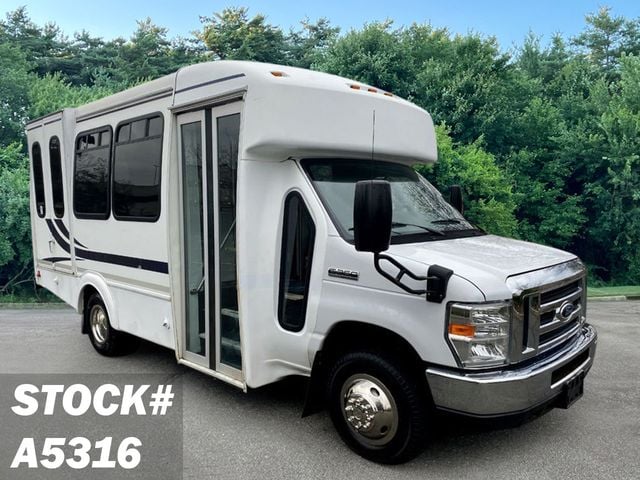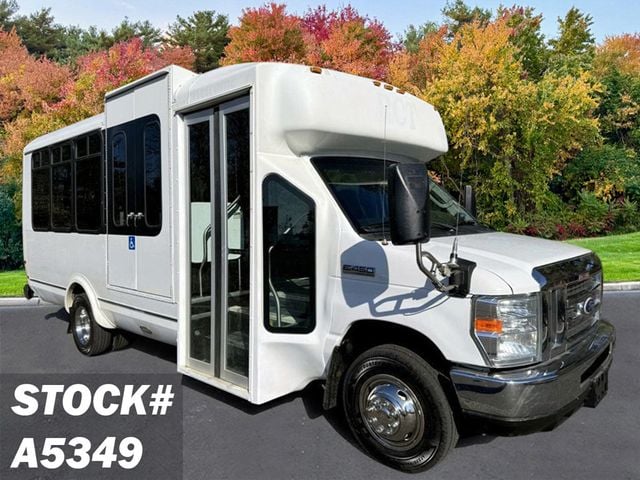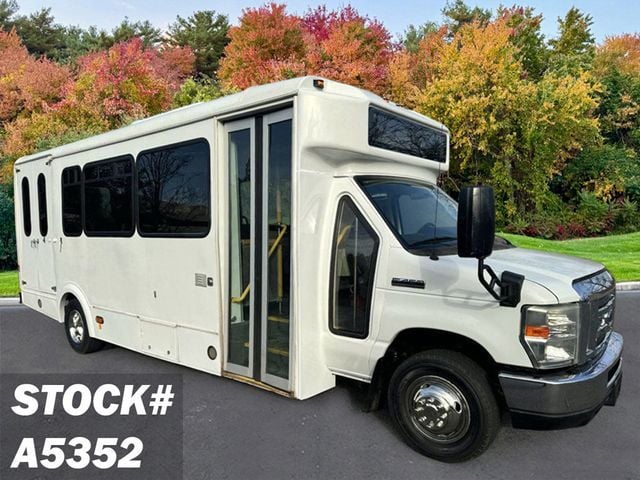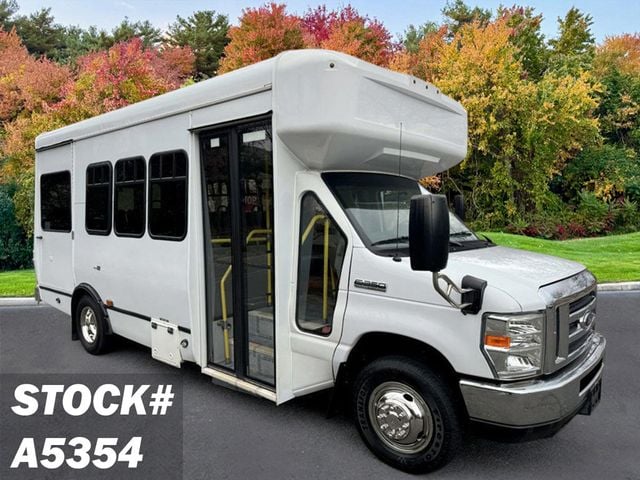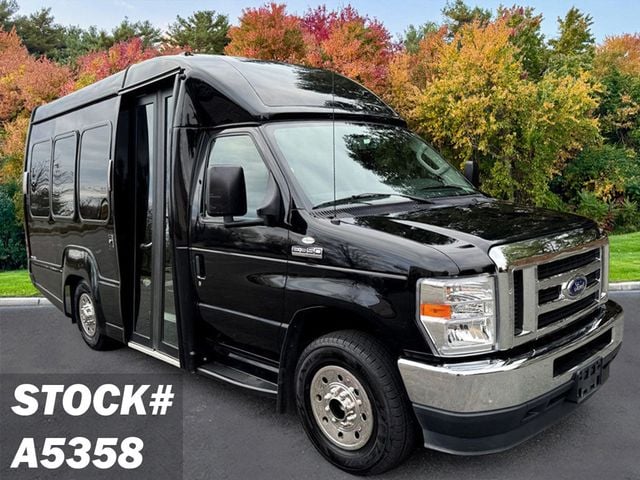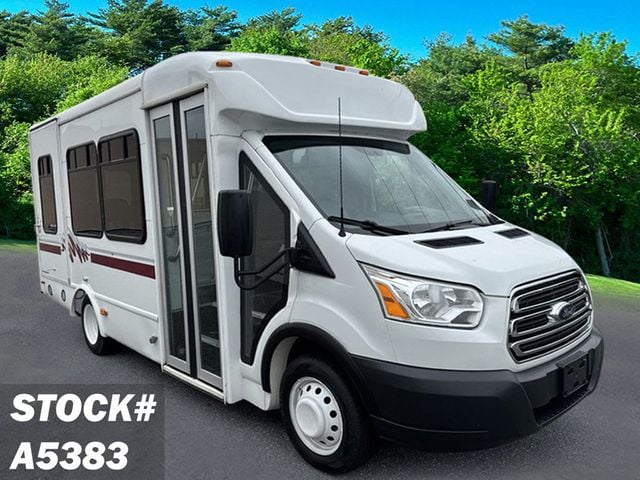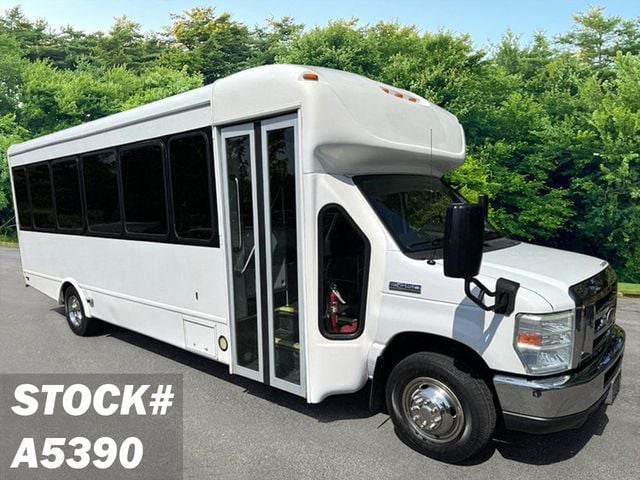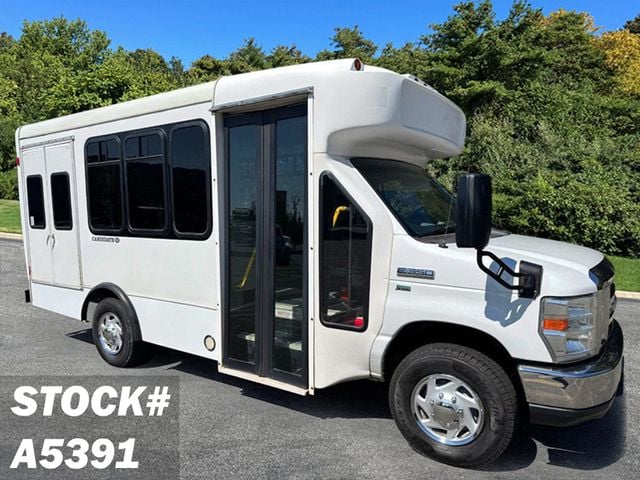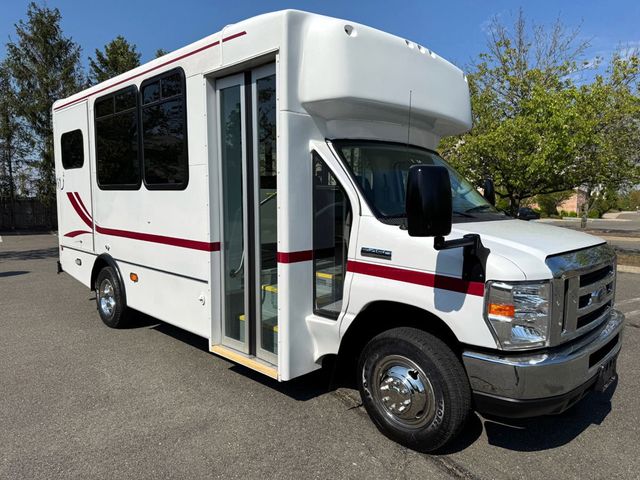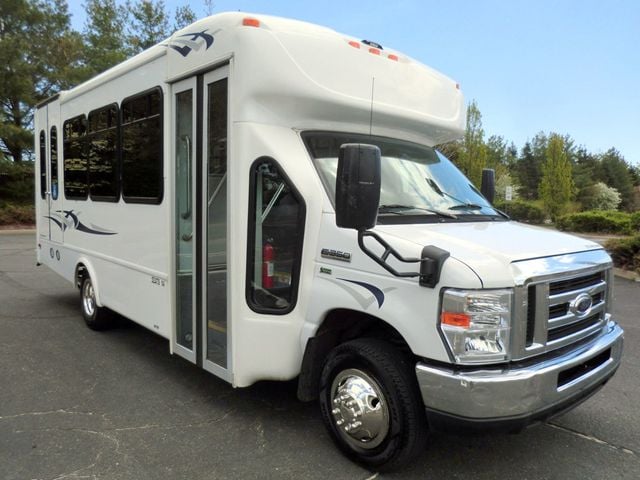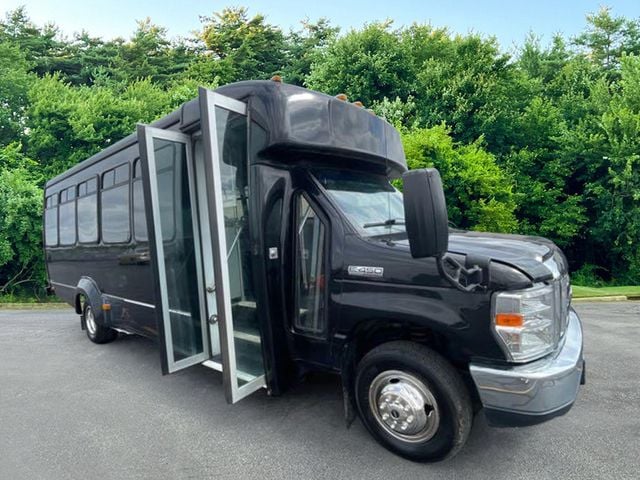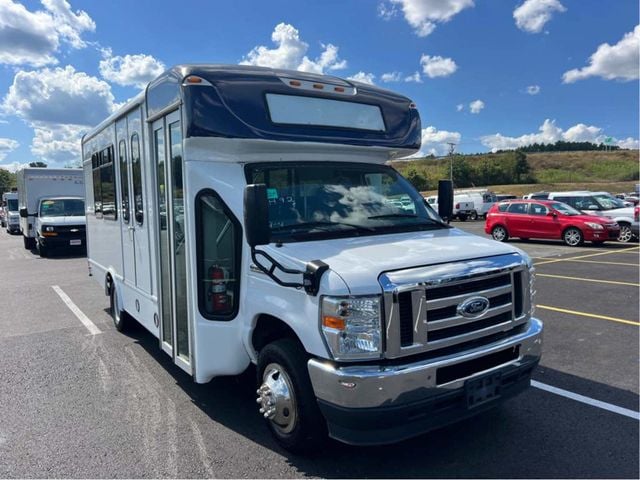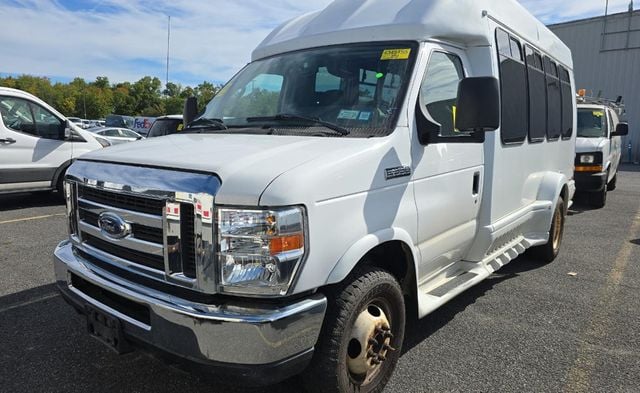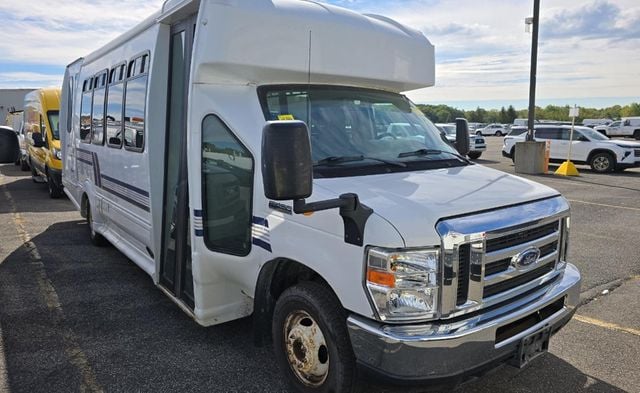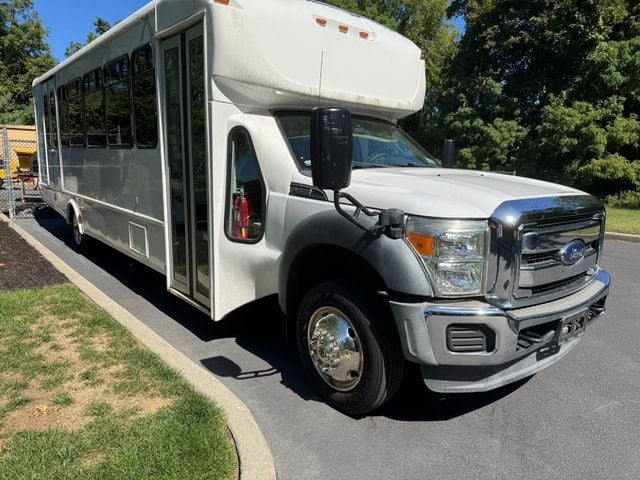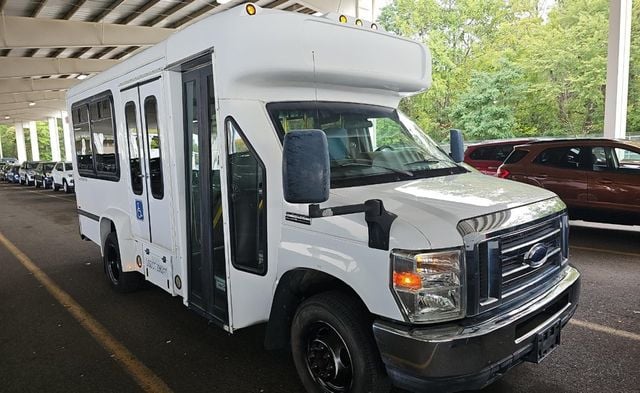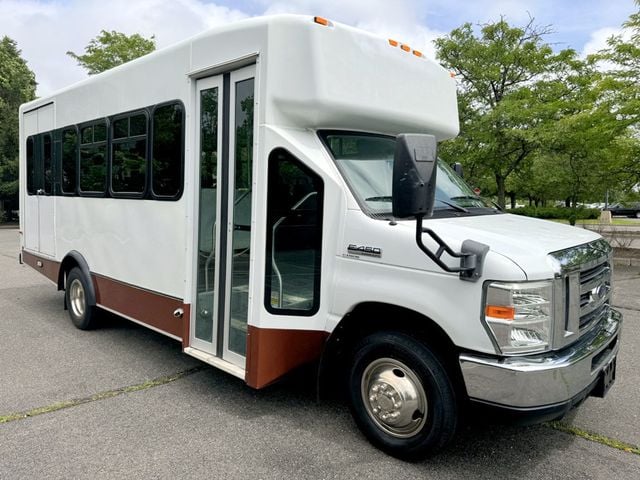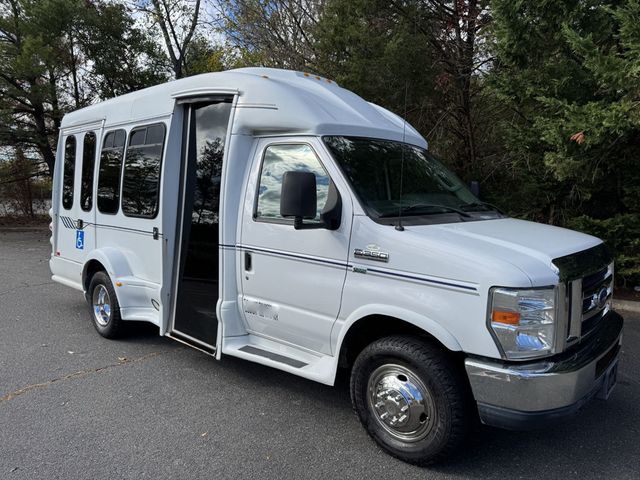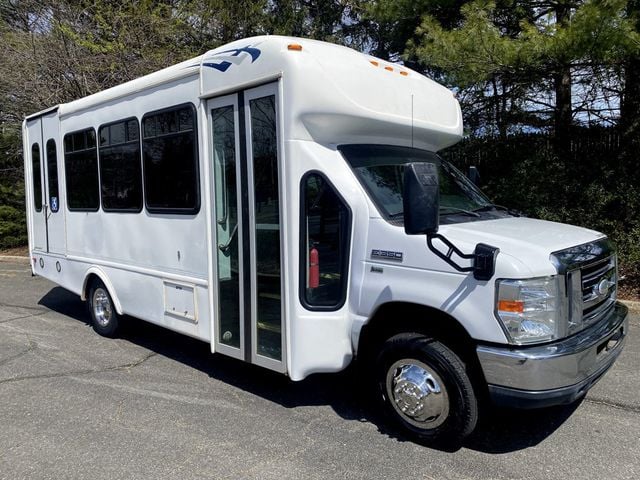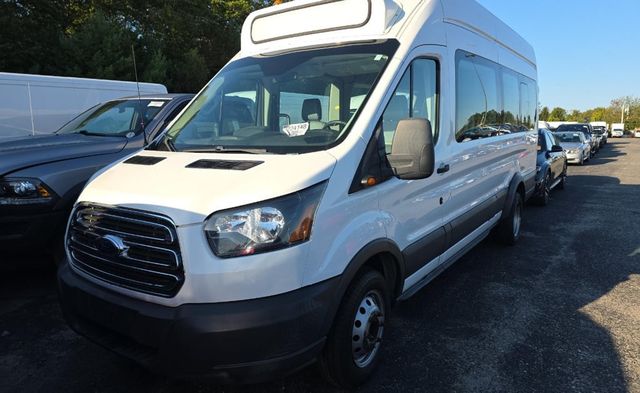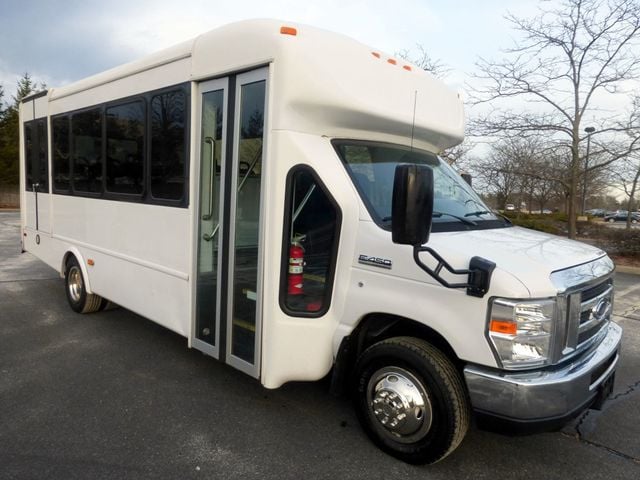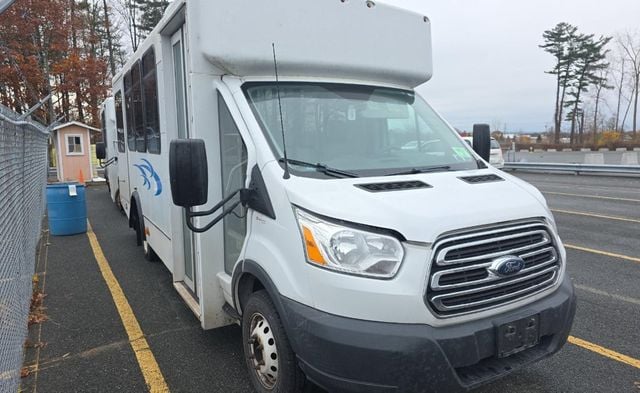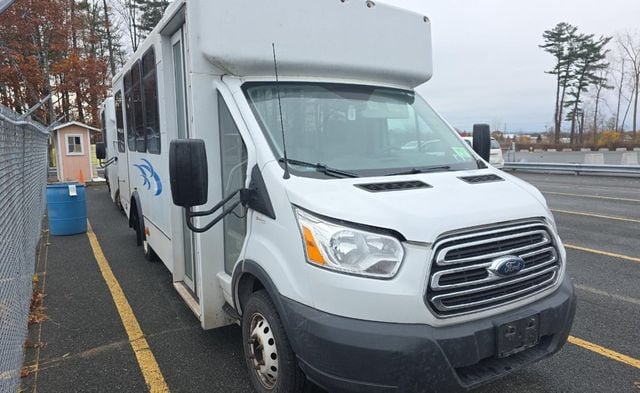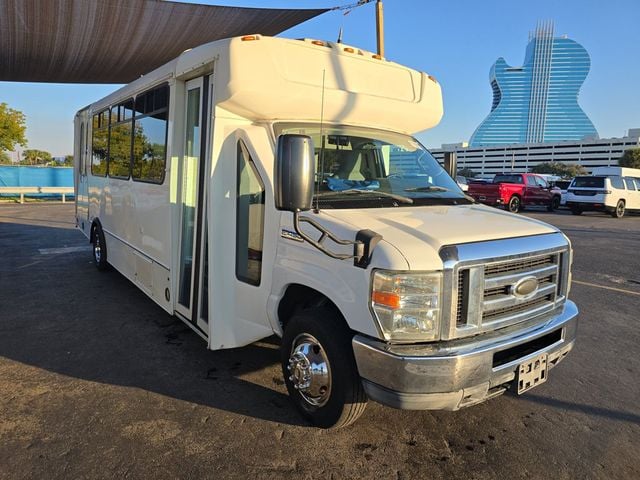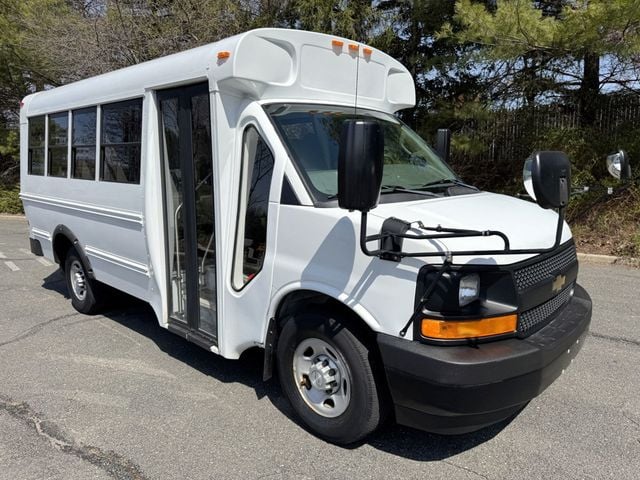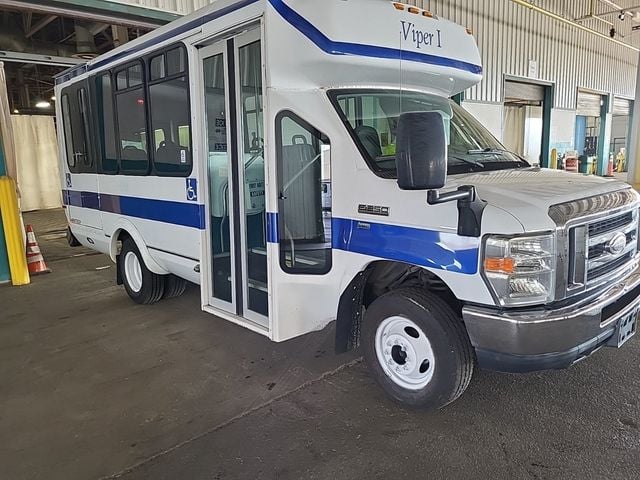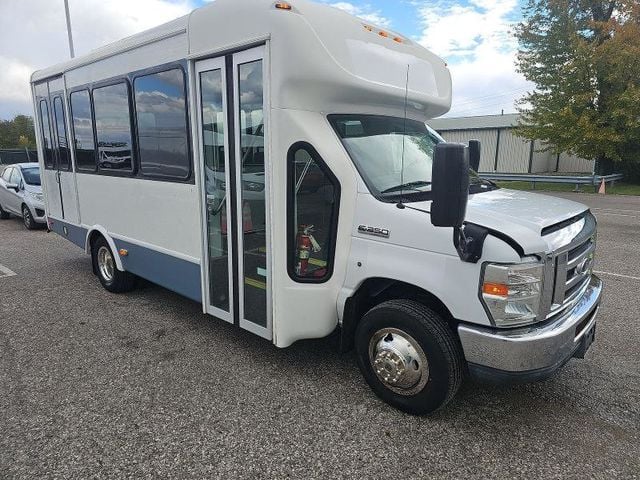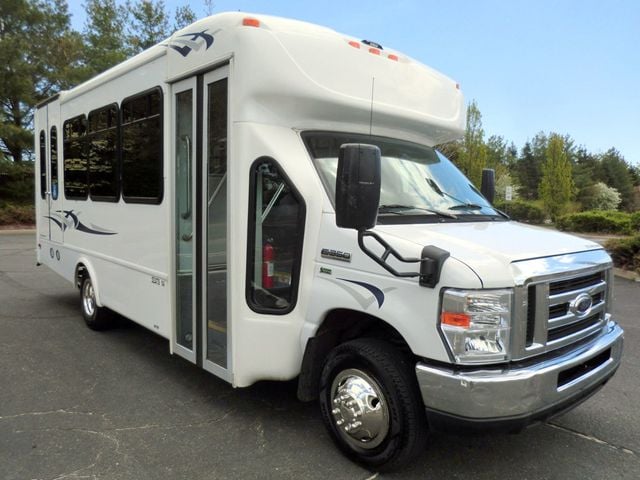
What You Should Know Before You Buy
When you’re in the market for a used shuttle bus—whether for a church group, senior center, hotel, or transportation company—it can be tempting to go with the first listing you see online that seems to fit your needs and budget. More often than not, those listings come from vehicle brokers rather than actual dealers. While brokers can occasionally play a helpful role, it’s important to go into the process with your eyes wide open. The truth is, working with a broker carries risks that many buyers don’t realize until it’s too late.
Let’s explore both the potential rewards and the all-too-common risks of using a broker when purchasing a used shuttle bus.
The Reward Side: What a Broker Can Offer
In theory, a broker serves as a middleman between the buyer and the dealer, helping to locate and advertise vehicles. If they’re doing the job well, a broker can help cast a wide net to locate buses that meet specific criteria. They may save you some time up front, especially if you’re unfamiliar with the used bus market. Occasionally, an experienced broker can also help facilitate communication or even negotiate on your behalf.
But that’s about where the rewards end—and where the risks start to stack up quickly.
The Risk Side: What You Need to Watch Out For
Here’s what every buyer should know before working with a broker:
1. They Often Haven’t Seen the Bus Themselves
This is a big one. Many brokers advertise buses they’ve never laid eyes on. That means they’re relying on secondhand information—at best. They usually haven’t inspected the vehicle, driven it, or even visited the lot where it’s located. So if you ask about rust, mechanical history, or specific features, you may get vague or incorrect answers.
2. They Add Markups to Dealer Prices
Brokers don’t work for free. Instead of charging a straightforward service fee, most brokers simply add a markup to the actual dealer’s asking price. This means you could be paying significantly more than you would if you went straight to the source. It’s not uncommon for buyers to discover they’ve paid thousands more than necessary—money that could’ve gone toward repairs, registration, or customization.
3. No Insurance, No Protection
Unlike licensed dealers, most brokers are uninsured. That puts your deposit—and your entire transaction—at risk. If the deal falls through or the bus isn’t delivered as expected, you might have no legal recourse. This lack of protection is one of the most serious concerns when working with brokers, especially in high-dollar vehicle purchases.
4. They’re Often Unlicensed
Many brokers operate without any formal dealership license or business registration. In most states, this is not only a red flag—it’s illegal. Working with an unlicensed seller makes it nearly impossible to verify credibility, and should something go wrong, you’ll likely have little legal ground to stand on.
5. Outdated or Inaccurate Listings
Another common issue? Buses that aren’t actually for sale. Brokers frequently post outdated listings to attract interest. A vehicle may have sold weeks or months ago, yet still shows up on their site. They’ll often tell you it “just sold” and then pivot to another option—sometimes a more expensive one.
6. False or Misleading Location Tags
Some broker listings will advertise a vehicle as being “near me,” when in fact, the bus could be hundreds or even thousands of miles away. This makes logistics difficult and increases your costs if you want to inspect or transport the vehicle. It also adds confusion, especially if you’re trying to coordinate financing, registration, or delivery timelines.
7. Lack of Vehicle Knowledge or History
Since most brokers don’t own or service the buses they advertise, they typically have no real knowledge of the vehicle’s history. You may not get accurate information on prior maintenance, accident history, or mechanical issues—key things any buyer should know before signing on the dotted line.
A Better Option: Buy Direct from a Licensed Dealer
If you’re serious about purchasing a used shuttle bus, your best bet is to work directly with a licensed and insured dealer—like those at Major Vehicle Exchange. Dealers have physical inventory, perform vehicle inspections, and can provide service history and documentation. Most importantly, they offer legal protections that brokers simply can’t match.
When you’re investing in a vehicle that may be central to your business or organization’s daily operations, peace of mind matters. Working with a licensed dealer helps ensure you’re getting what you pay for—with no hidden surprises, inflated prices, or ghost inventory.
Final Thoughts
The used bus market can be tricky to navigate, and while brokers may offer convenience, the risks often outweigh the rewards. Take your time, do your homework, and don’t be afraid to ask the tough questions. When in doubt, go straight to the source and deal with a reputable bus dealer who’s accountable, transparent, and stands behind every sale.
Have questions or want to see real inventory in person? Visit GetAnyBus.com and talk directly with experts who actually know their buses.
Comments are closed.
